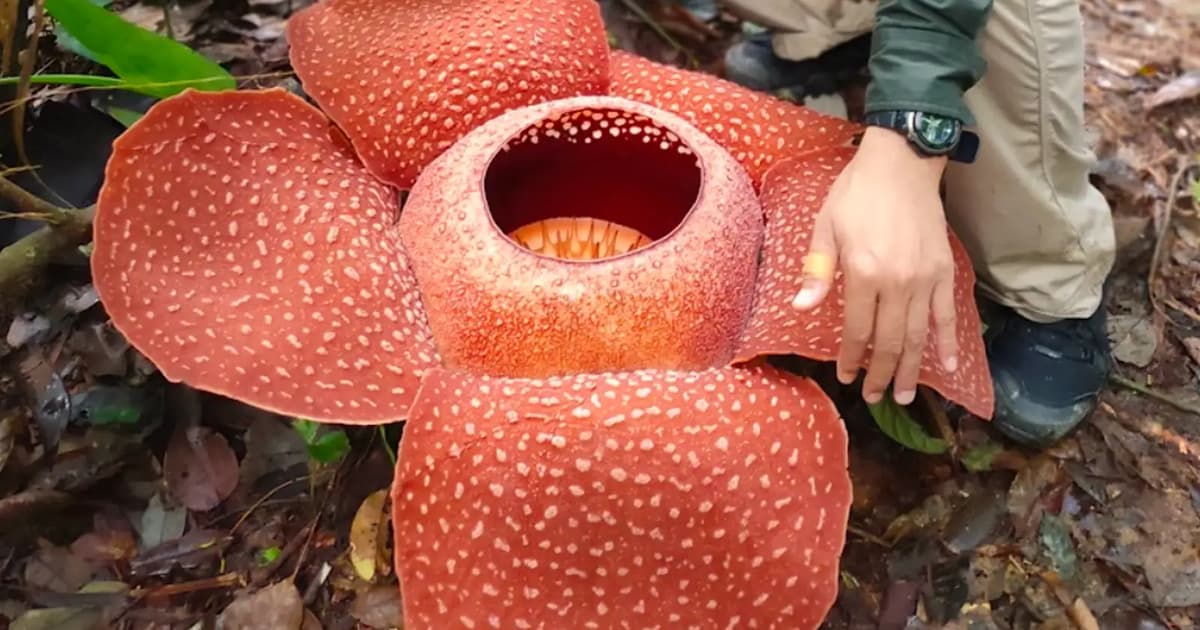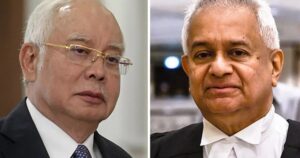
From Wan Ahmad Fayhsal Wan Ahmad Kamal
I refer to the article “Don pans MP’s ‘embarrassing’ call to rename Rafflesia” (FMT Aug 21) quoting academic Ghazally Ismail.
As a member of the opposition, I often disagree with Prime Minister Anwar Ibrahim. But on one point, I stand firmly with him: his call to re-examine our history and free it from the shadows of colonial thinking.
Our history, like that of many postcolonial societies, has too often been written by the victors of empire. If we want to build a confident and truly independent Malaysia, we must reclaim our past on our own terms.
In that same spirit, I recently raised a question in Parliament: why does our world-famous giant flower, the Rafflesia, still carry the name of Sir Stamford Raffles, a colonial administrator who had little to do with its discovery or cultural importance?
Taxonomy, the practice of naming and classifying the natural world, is often thought of as a neutral and objective exercise. But it isn’t. The very act of naming Rafflesia after Raffles is part of what scholars call “epistemic violence”: displacing indigenous knowledge and custodianship by inscribing colonial power into science.
As Syed Hussein Alatas explained in “The Myth of the Lazy Native”, colonial rule didn’t just conquer lands and resources. It also redefined knowledge, often by framing locals as ignorant or irrelevant.
Raffles, like many of his contemporaries, embodied this attitude: conquering not only territory but also the right to name and narrate it.
Why renaming matters
Some may dismiss the idea of renaming Rafflesia as symbolic or unnecessary. But symbols matter, especially when they reinforce outdated hierarchies. Postcolonial thinkers like Walter Mignolo and Ngũgĩ wa Thiong’o have shown how colonial ways of knowing persist long after colonisers leave.
Renaming, in this case, is not about erasing history – it is about correcting it. It means restoring indigenous knowledge and acknowledging the real custodians of our biodiversity. It also means listening to Orang Asli communities and local ecological wisdom, not just colonial archives.
Just as cities like Bombay, Batavia and Salisbury reclaimed their indigenous names – becoming Mumbai, Jakarta and Harare – we too must look critically at the names etched into our natural world.
Rafflesia is not just a flower. It is a reminder of how colonialism lingers in places we overlook; in museum plaques, textbooks, and scientific terms. If we can question statues, roads and buildings, surely we can question why our most iconic species still bears the mark of empire.
Decolonisation is not about deleting the past. It is about restoring dignity, rebalancing narratives, and freeing ourselves from colonial blind spots. As we approach the 68th anniversary of independence, let us strive not only for political sovereignty but for intellectual freedom as well.
(Editor’s note: Rafflesia is the scientific name for a genus of parasitic flowering plants found in Southeast Asia, of which the species R. arnoldii [known in Indonesian and Malay as padma] has the world’s largest flower.)
Wan Ahmad Fayhsal Wan Ahmad Kamal is the MP for Machang.
The views expressed are those of the writer and do not necessarily reflect those of FMT.






